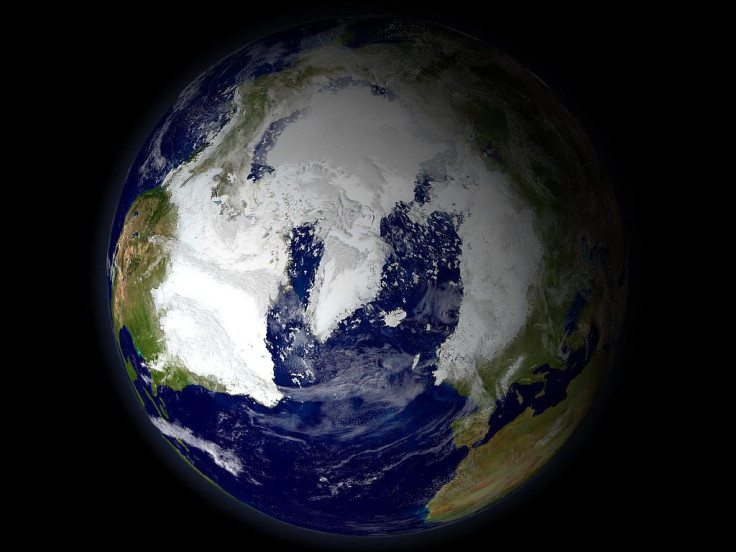European Researchers Expect The 'Mini Ice Age' To Hit Earth By 2030

A team of researchers at the University of Northumbria predicted Earth could be heading towards a “mini ice age” in 15 years, which will eventually freeze rivers during bitterly cold winters. The claim made by the solar researchers is based on the prediction by a new model that shows the activity of the sun. The scientists said the model makes "unprecedentedly accurate predictions."
The model studied the solar pattern of the last 11 years. Based on the solar cycle pattern data, the device predicts the sunspots could decline by nearly 60 percent by 2030, leading to a mini ice age, a phase that existed during the Maunder Minimum period (1645-1715).
During the Maunder Minimum period, duration and intensity of the summer season remained the same; however, Europe and North America experienced colder than usual winters. The colder conditions eventually froze River Thames for seven weeks. During this time, various frost fairs were held over the river and the historical records suggest the river was passable by foot while it was frozen.
“In cycle 26, the two waves exactly mirror each other, peaking at the same time, but in opposite hemispheres of the Sun. We predict that this will lead to the properties of a Maunder Minimum,” lead researcher and Professor Valentina Zharkova said in a statement.
The reduction in the number of sunspots leads to a decrease in solar radiation, which would result in a colder climate. Other factors that contribute to the colder conditions include increased volcanic activity and changes in ocean circulation.
During the research, the team found two paired magnetic wave components in different solar layers. The scientists found when these waves are in phase, they show strong interaction resulting in increased solar activity. However, when these components are out of phase, it results in conditions similar to the Maunder Minimum period.
© Copyright IBTimes 2024. All rights reserved.





















